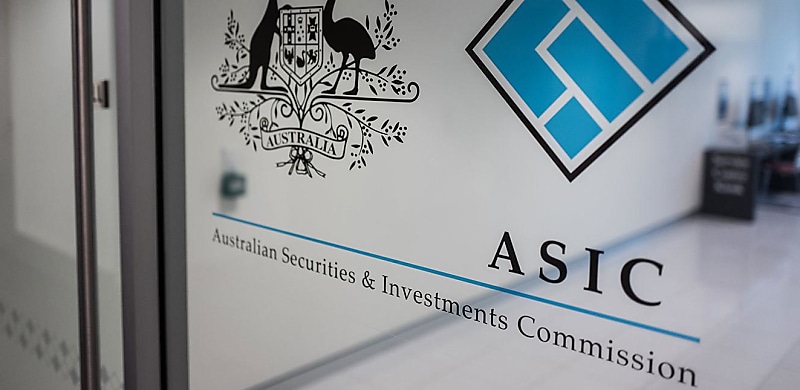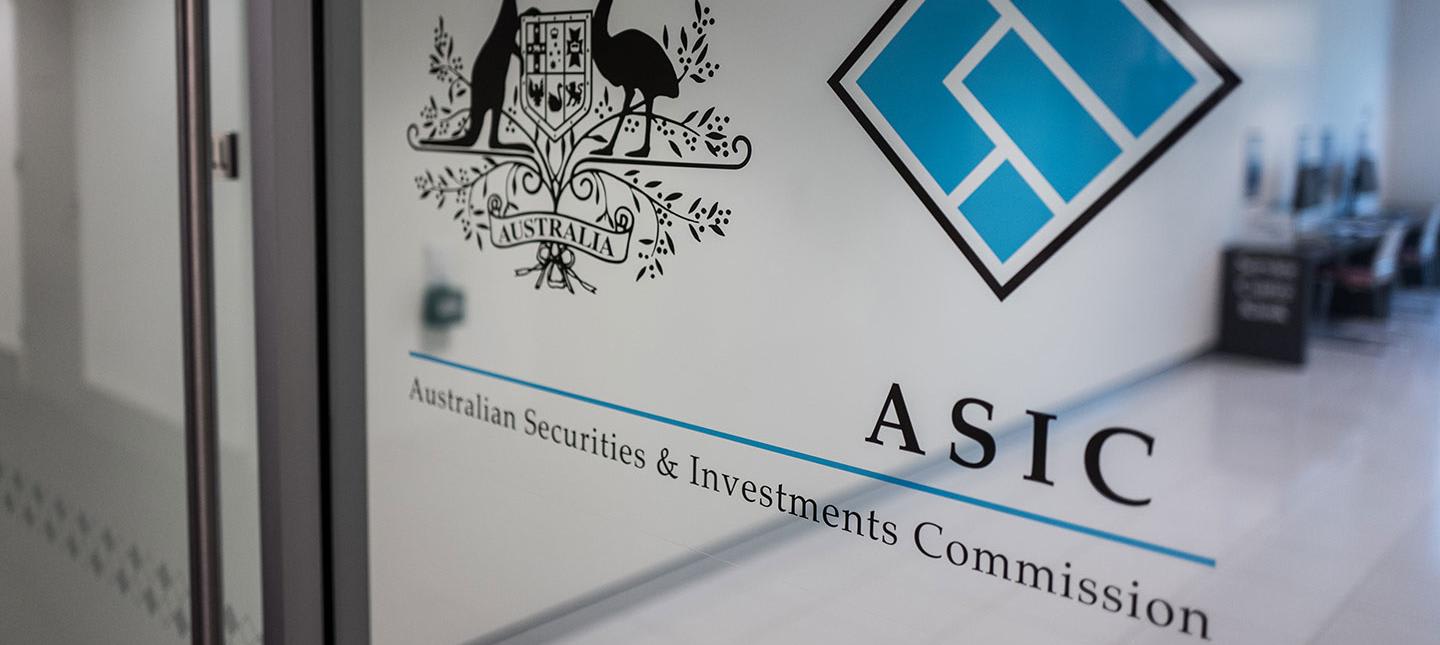
ASIC has issued interim stop orders in a bid to “protect retail investors” from potentially unclear disclosure statements.
The Australian Securities and Investments Commission (ASIC) has slapped non-bank lender TruePillars’ investment fund with interim stop orders.
The stop orders cover the TruePillars Investment Trust for two classes of units, preventing TPRE (the entity behind the fund) from offering, issuing, selling, or transferring interests in the pooled unit and loan units of the fund, effectively pausing further inflows.
ASIC said it made the stop orders to protect retail investors from buying products under product disclosure statements (PDSs) that may be defective or unclear.
The regulator added that it had concerns PDSs for the fund may not adequately disclose conflicts of interest, fail to adequately disclose fees, and contain misleading statements about risk and withdrawals.
TPRE will have an opportunity to make submissions before a decision is made about any final stop orders.
TruePillars Investment Trust invests in debt securities issued by a related party, which provides credit for equipment financing, trail book loans, mezzanine loans linked to second mortgages, and vehicles. The fund lends on a secured and unsecured basis.
On 30 June, the fund had net assets of around $14.6 million.
Last year, non-bank lender TruePillars introduced a trail book loan for mortgage brokers, letting them use their trail assets as a security to fund business growth.
Regulator’s private credit crackdown
The stop orders against TruePillars’ fund arose after ASIC increased its focus on private credit this year, warning in February that “failures are on the horizon” for the private credit market, saying that at current volumes, the space is “untested by prior crises”.
Last month, the watchdog began taking action against private credit funds, issuing interim stop orders against RELI Capital Mortgage Fund and La Trobe Australian Credit Fund products, citing deficiencies in their target market determinations (TMDs).
The regulator said both funds’ target markets suggested inappropriate portfolio allocations given the risks and flagged concerns with how the products were described and distributed to retail investors.
Days later, ASIC warned that private lenders must lift their standards, after a major review of the $200 billion private lending market revealed troubling practices.
The report found that segments of the market are lagging global standards on governance, valuation, and transparency.
ASIC chair Joe Longo said: “While the report highlights some encouraging practices, it also reveals concerning behaviours that fall short of market expectations and more importantly that are inconsistent with existing financial services law.
“With the pace of growth in size and reach of the domestic sector, this becomes all the more important.”
[Related: ‘Enhance standards’: ASIC tells private credit sector]

